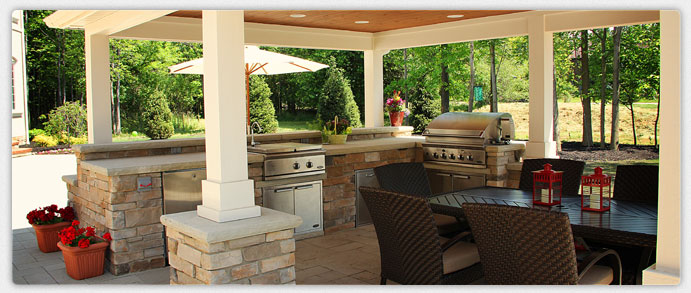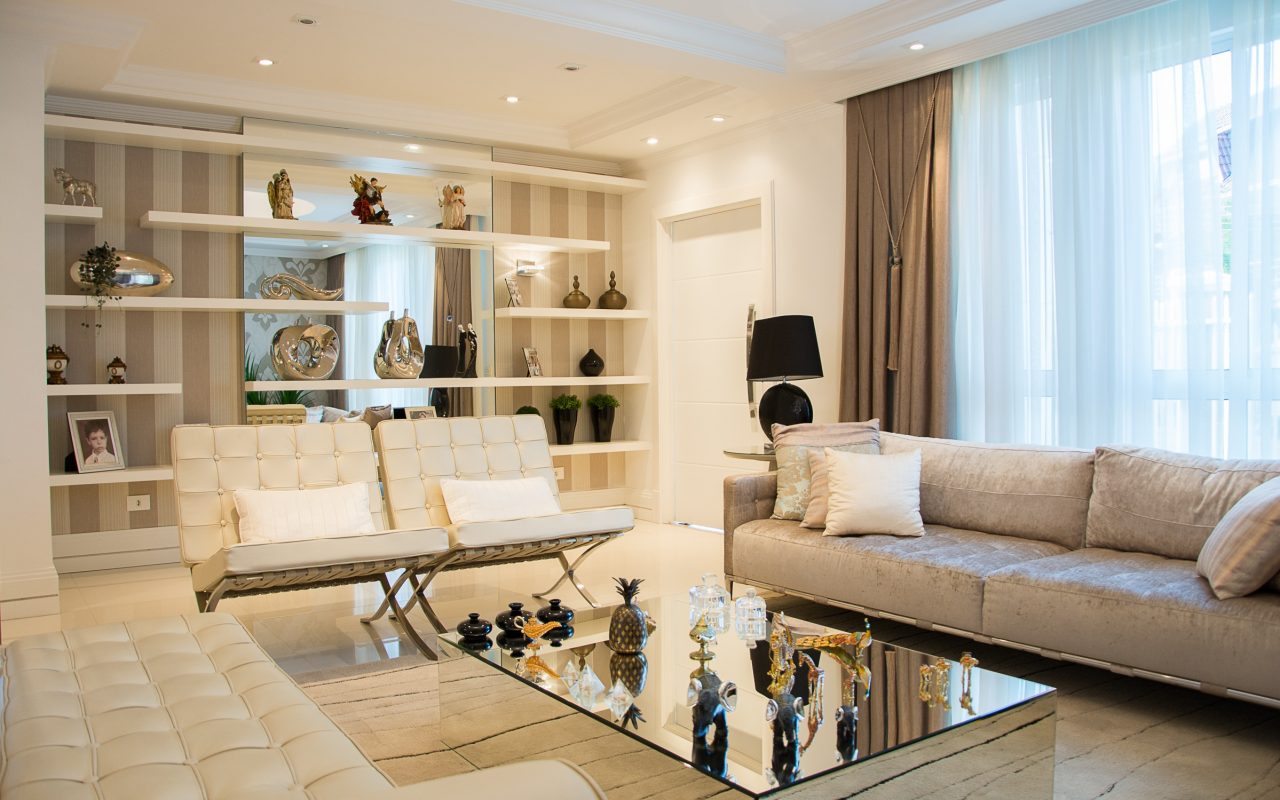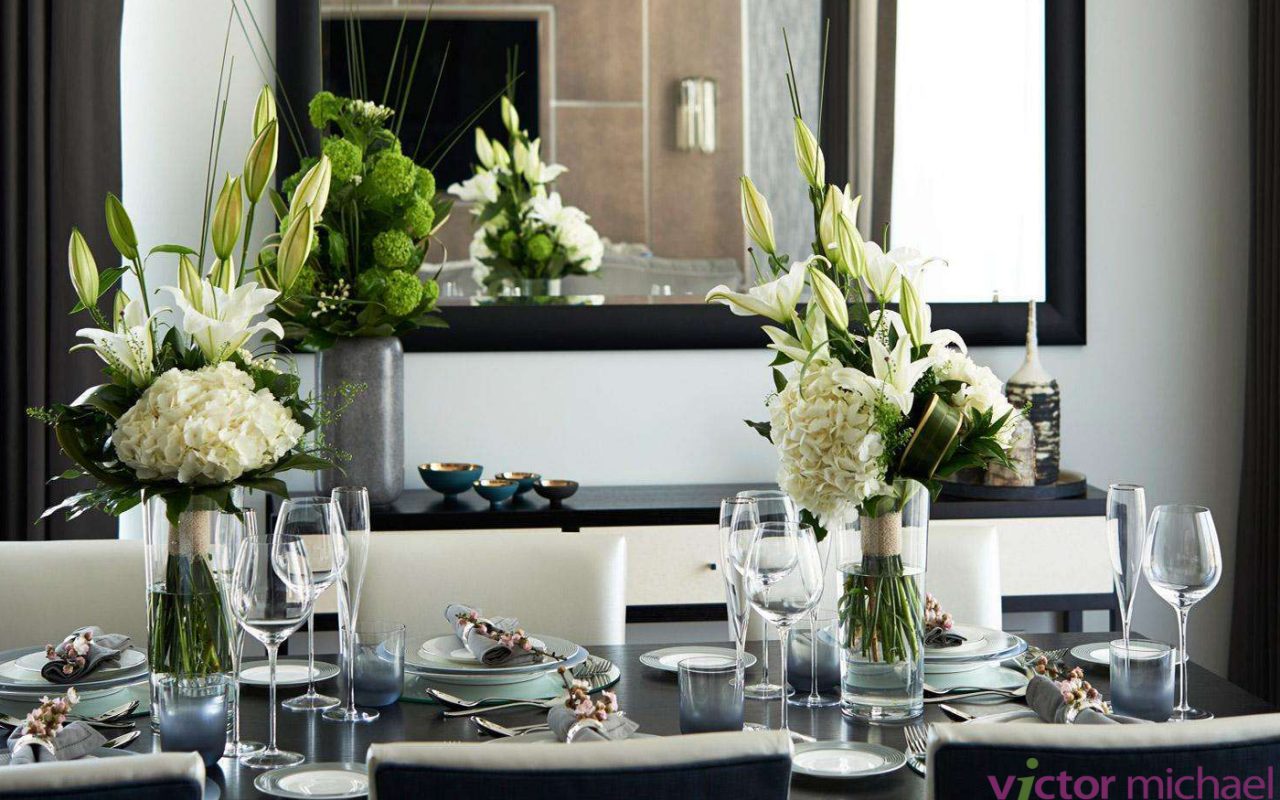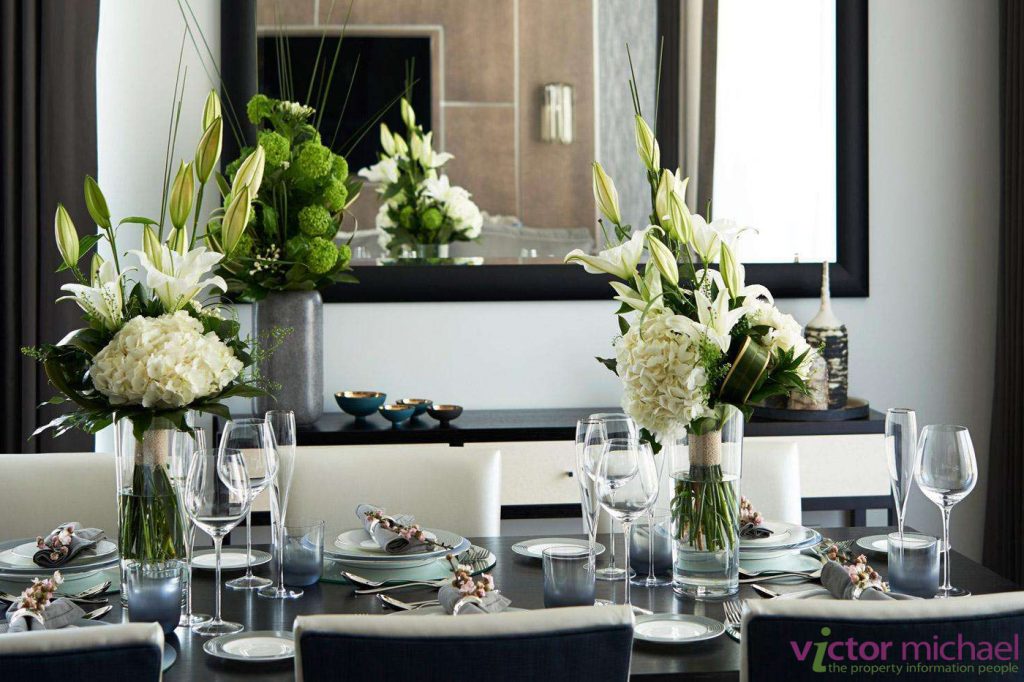
It turns out home buyers are really into barn doors.
When Zillow looked at design features that sell homes at the best price and with the shortest listing time, that topped the list.
Anything craftsman-style, like rectangular farmhouse sinks, also got homes off the market at a premium.
Here are the top 15 design features:
1) Outdoor kitchen
Percent of homes that sell for above expected values: 3.7%
How many days faster than expected the home sells: 19
2) Tankless water heater
Percent of homes that sell for above expected values: 4%
How many days faster than expected the home sells: 43
3) Backsplash
Percent of homes that sell for above expected values: 4.1%
How many days faster than expected the home sells: 46
4) Granite
Percent of homes that sell for above expected values: 4.1%
How many days faster than expected the home sells: 38
5) Stainless steel
Percent of homes that sell for above expected values: 4.2%
How many days faster than expected the home sells: 42
6) Heated floors
Percent of homes that sell for above expected values: 4.3%
How many days faster than expected the home sells: 28
7) Frameless shower
Percent of homes that sell for above expected values: 4.6%
How many days faster than expected the home sells: 38
8) Pendant light
Percent of homes that sell for above expected values: 4.6%
How many days faster than expected the home sells: 48
9) Exposed brick
Percent of homes that sell for above expected values: 4.9%
How many days faster than expected the home sells: 36
10) Craftsman
Percent of homes that sell for above expected values: 5.4%
How many days faster than expected the home sells: 14
11) Quartz
Percent of homes that sell for above expected values: 6.0%
How many days faster than expected the home sells: 50
12) Subway tile
Percent of homes that sell for above expected values: 6.9%
How many days faster than expected the home sells: 63
13) Farmhouse sink
Percent of homes that sell for above expected values: 7.9%
How many days faster than expected the home sells: 58
14) Shaker cabinet
Percent of homes that sell for above expected values: 9.6%
How many days faster than expected the home sells: 45
15) Barn door
Percent of homes that sell for above expected values: 13.4%
How many days faster than expected the home sells: 57
Source: http://www.independent.co.uk/property/15-features-that-sell-homes-faster-and-at-the-best-price-a6984086.html

 Buying a home for the first time is one of the biggest decisions you will make.
Buying a home for the first time is one of the biggest decisions you will make.
















